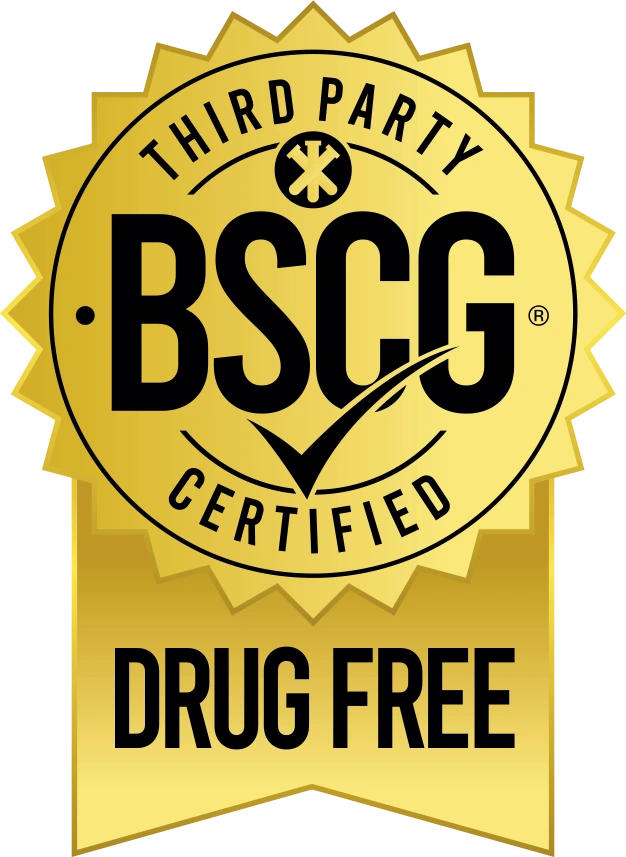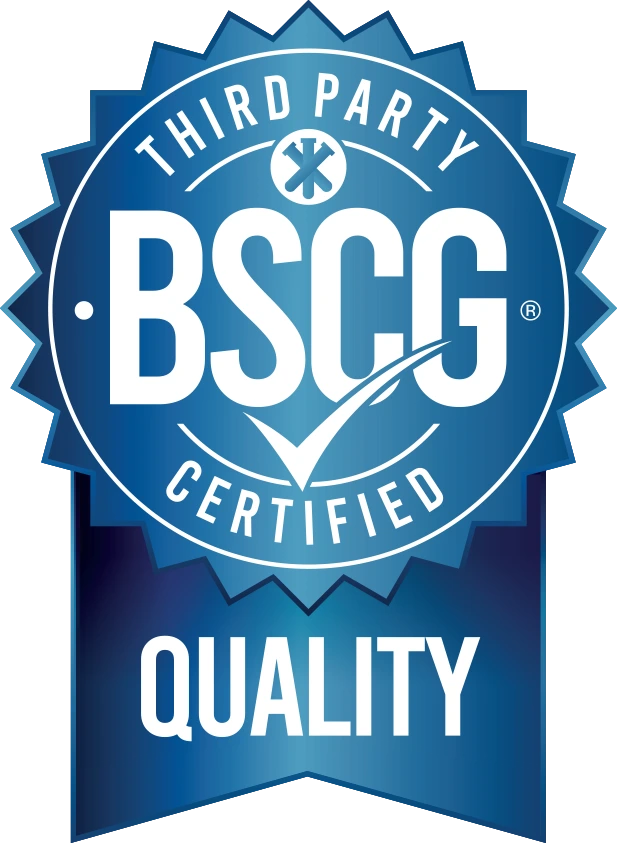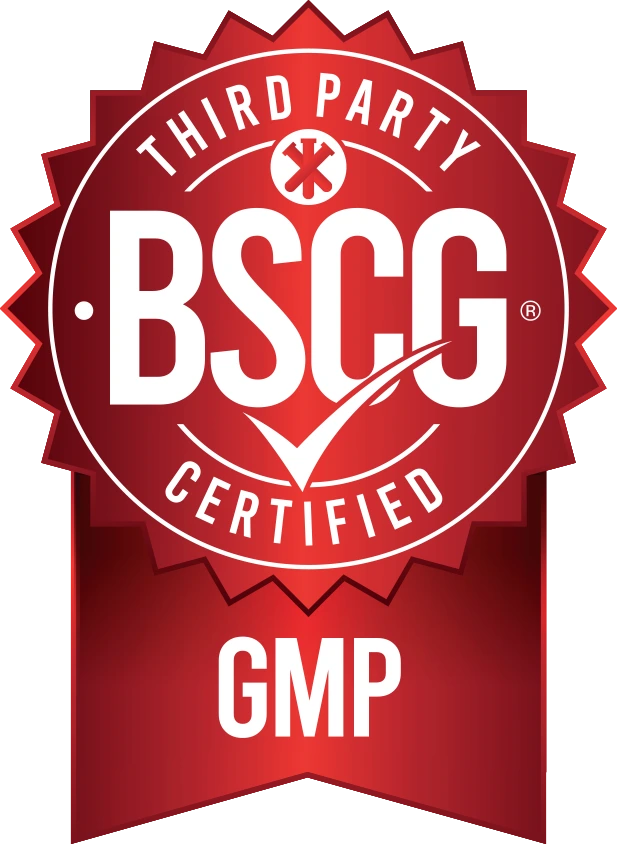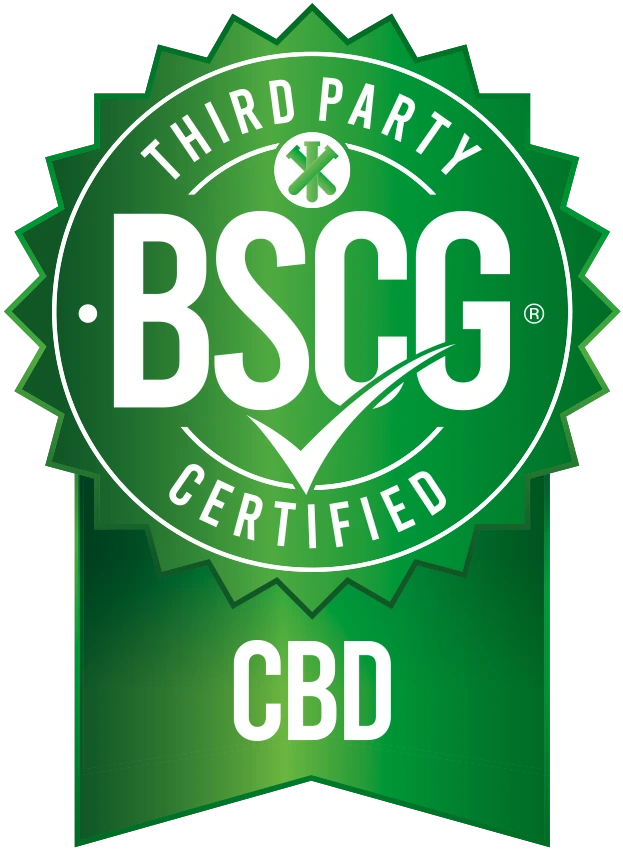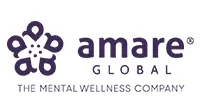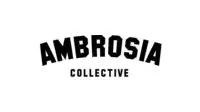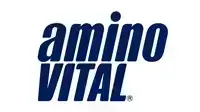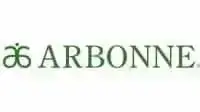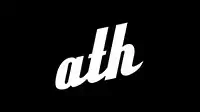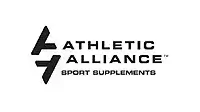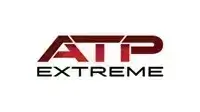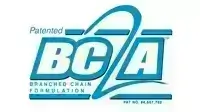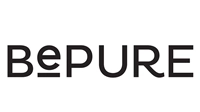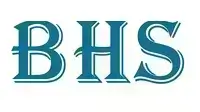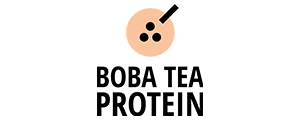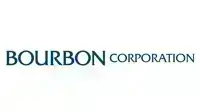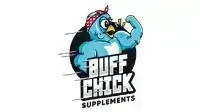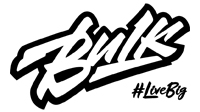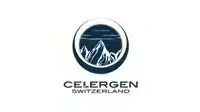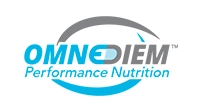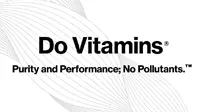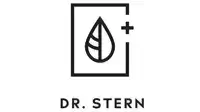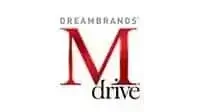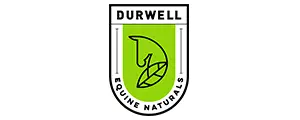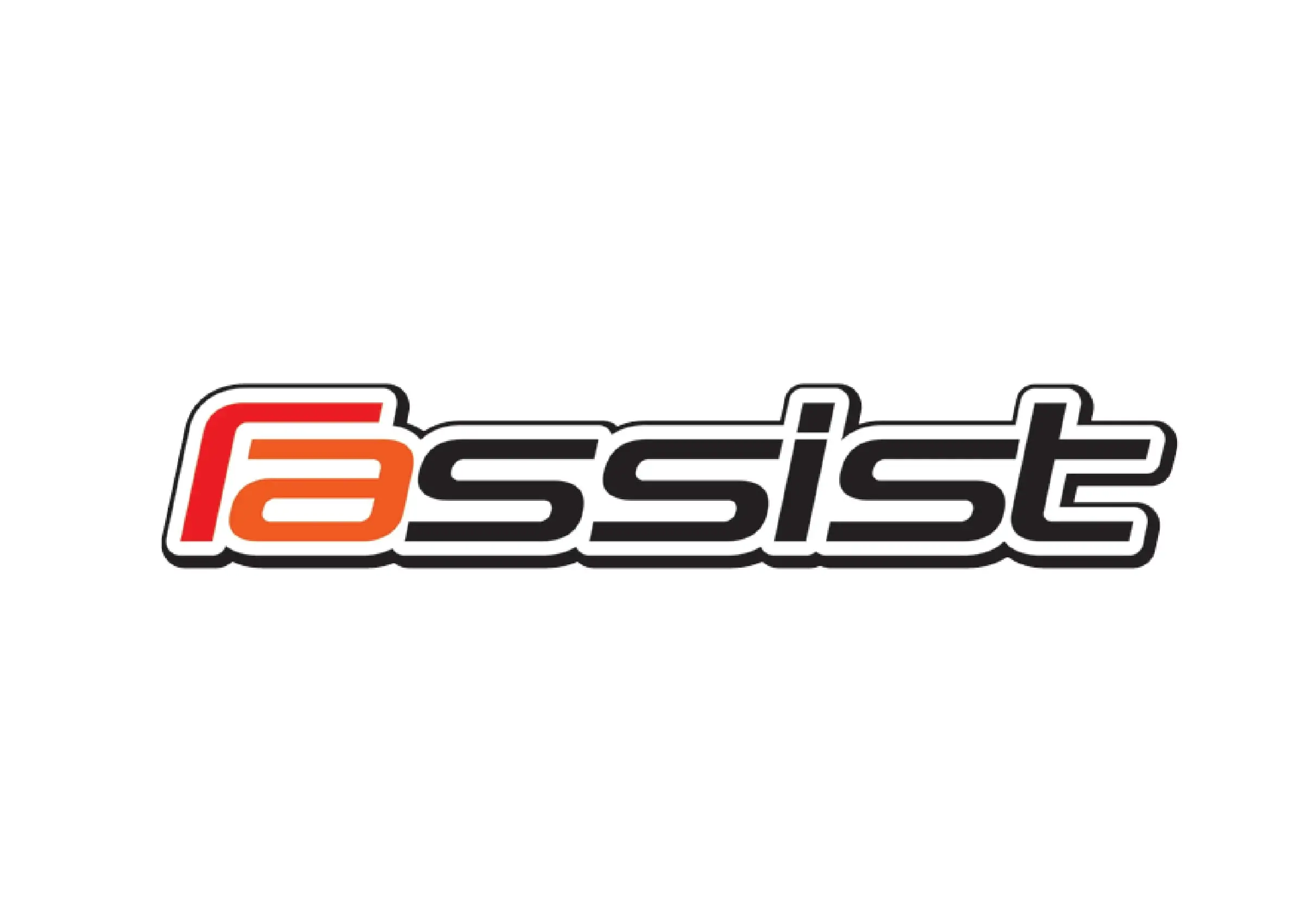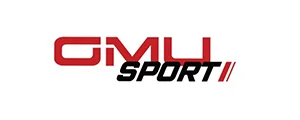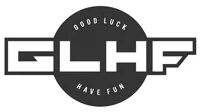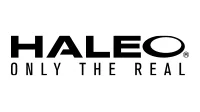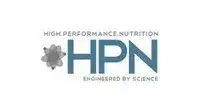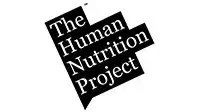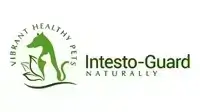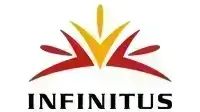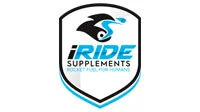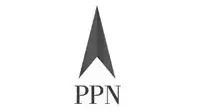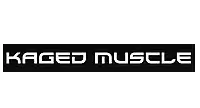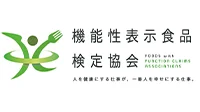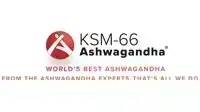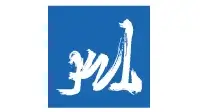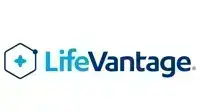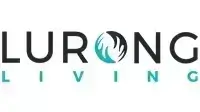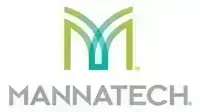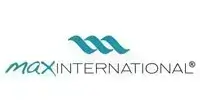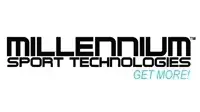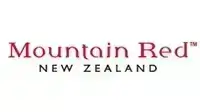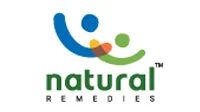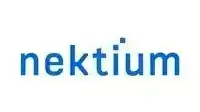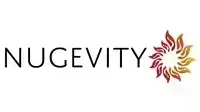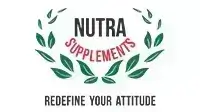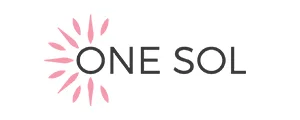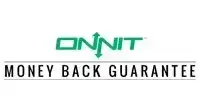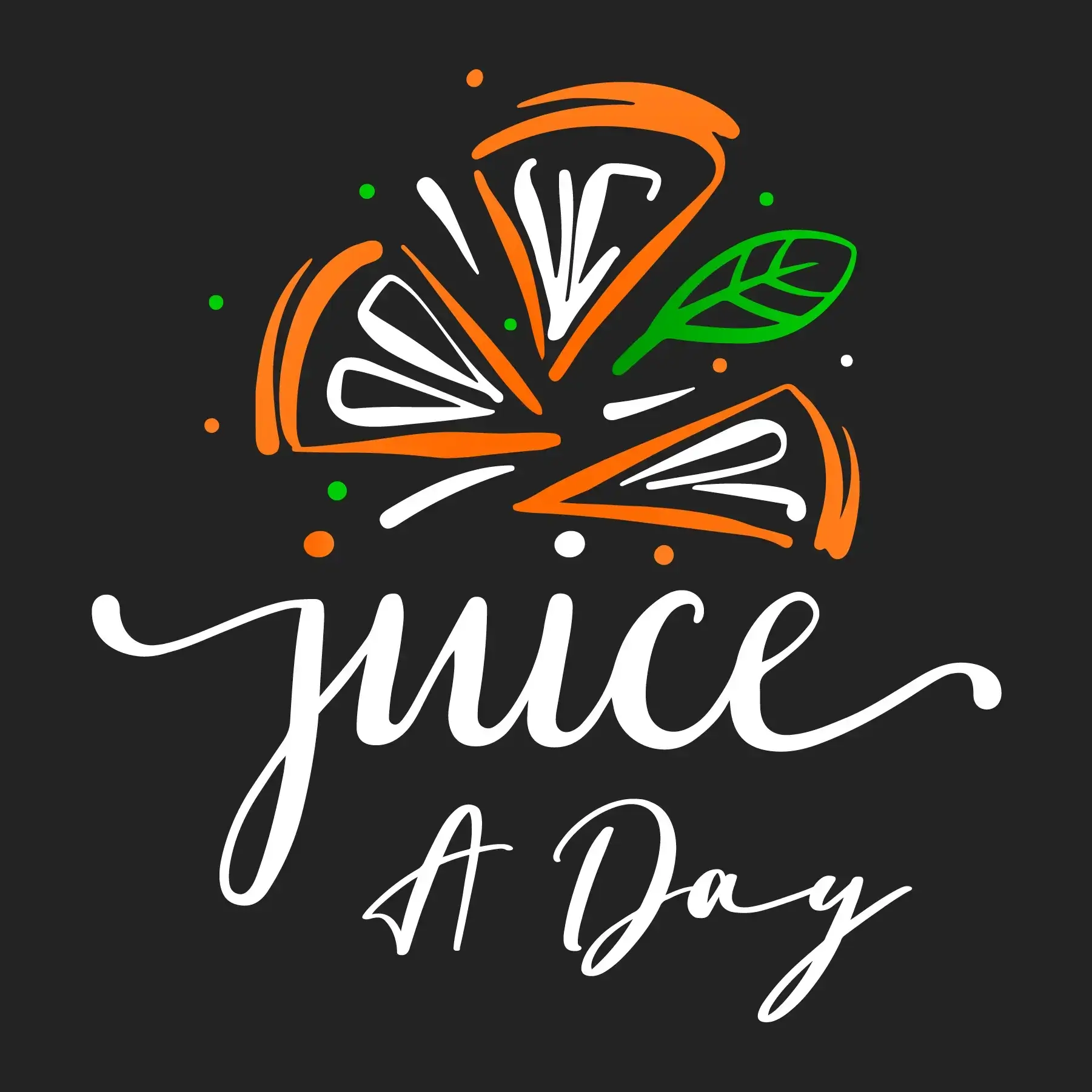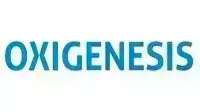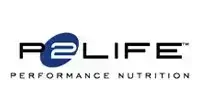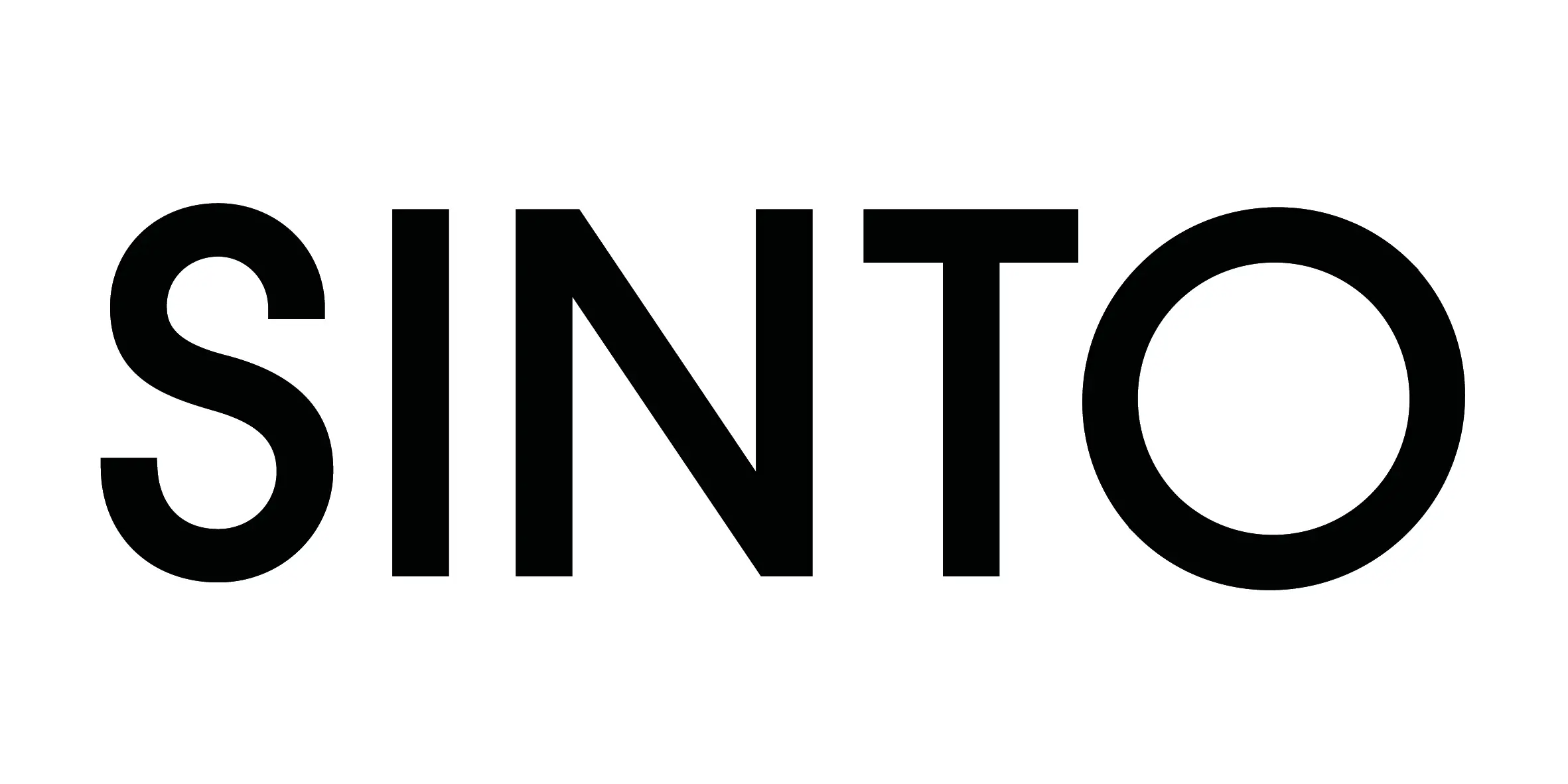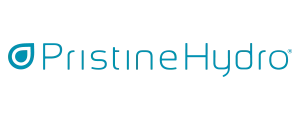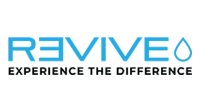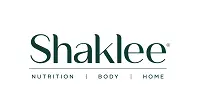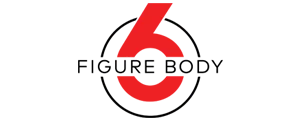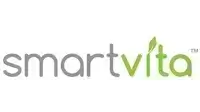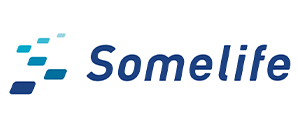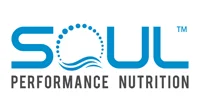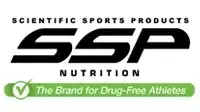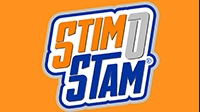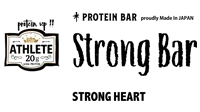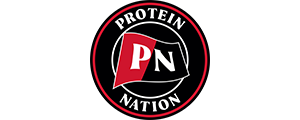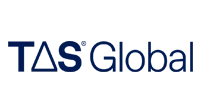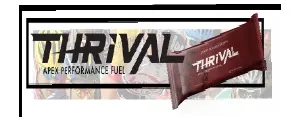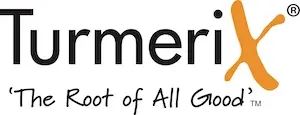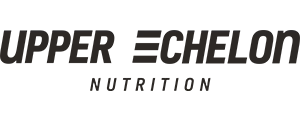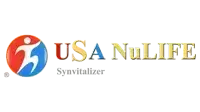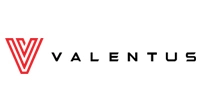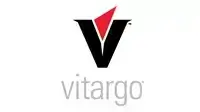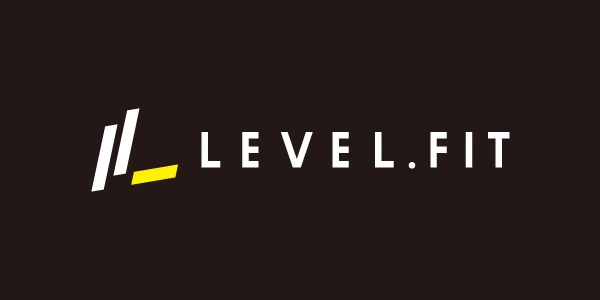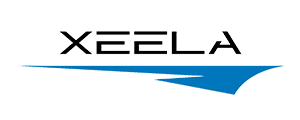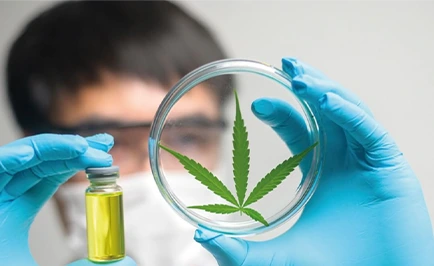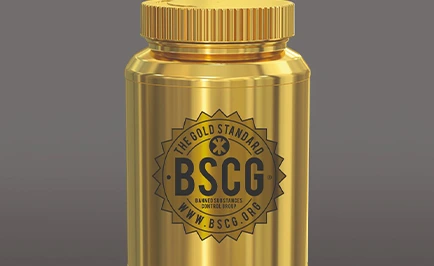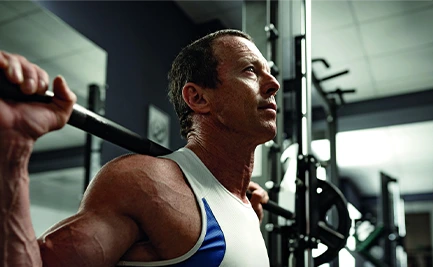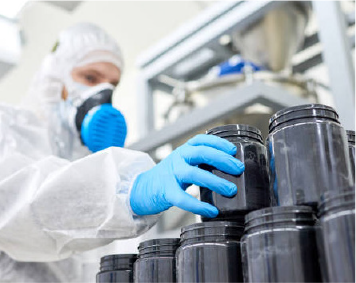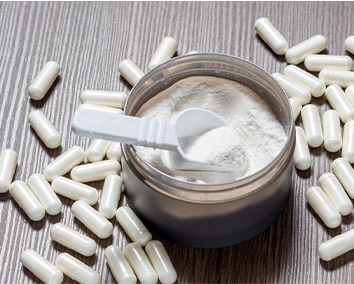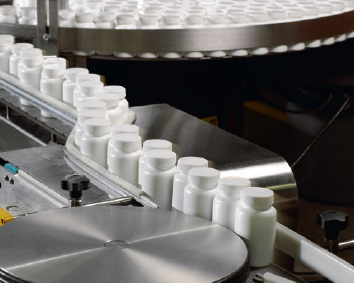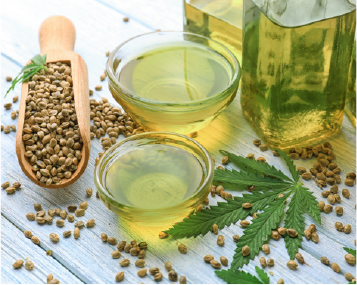The Melbourne Cup is Over but Inadvertent Doping Remains a Risk for Horses
Nov 09, 2023

?? A Cocaine Horse (Not a Bear) Could Threaten Melbourne Cup Results ??
The Melbourne Cup is the race that stops the nation for a good reason. This symbol of prestige is one of the richest events on the world horse racing circuit and a day of excitement for equine lovers across Australia. As in human sport, the doping risks are heightened when the stakes get high. While the great race is over the drug testing results are pending, and that means inadvertent contamination may still threaten the results. Integrity in horse racing might be at risk, thanks to a weird story that came out of Australia a few months ago that highlights the concern of inadvertent doping.
? Cocaine Horse?
The undefeated Australian horse, End Assembly, won the Listed Gold Edition Plate at Eagle Farm in March 2023 with a substantial $200,000 prize. End Assembly’s post-race urine samples revealed the presence of cocaine in the horse's system, raising questions about the integrity of the sport. Whether cocaine makes a horse run faster or slower is up to the animal’s constitution, but it remains an illegal stimulant that ended up in the horse.
? The Investigation ?
The Queensland Racing Integrity Commission (QRIC) prepared an open inquiry into this positive drug test. An unnamed punter claimed he was responsible, saying he’d petted the horse after he’d had two “bags” of cocaine and up to 15 drinks. Whether this was true or not was deemed irrelevant to the final consequences. After a costly inquiry, Ben Currie,the manager of End Assembly, received an 18-month disqualification. The inquiry heard that over the last decade, there had only been two occasions where thoroughbred samples had tested positive for cocaine. Both cases were of horses Ben Currie trained. If you believe the punter’s story, this apparent inadvertent contact with cocaine had painful consequences.
Inadvertent contamination is a real concern for horses well beyond contact with the odd punter on a binge. Dietary supplements are perhaps the most common source of contamination with banned substances that horses may confront and there have been many instances of contaminated feed or supplements that have caused doping positives. A compilation of data from research studies focused on dietary supplement contamination found that out of 3,132 supplement analyzed, “28% of the analyzed dietary supplements pose a potential risk of unintentional doping.” But there is a solution to the concern of contaminated supplements, third-party certification.
? A Commitment to Quality ?
Trainers and owners of racehorses must adhere to strict regulations to prevent any potential doping violations and safeguard the integrity of the sport. Third-party certification is pivotal for professional horse racing outfits, athletes, and brands. It verifies compliance with manufacturing regulations and conducts batch testing of supplements for banned substances. Third-party certification can bring peace of mind to equine athletes, human athletes, and general consumers. The BSCG Certified Drug Free for Animals certification for banned substances offers protection to equines, canines, or other competition animals subject to the anti-doping policies of animal sports organizations. It also evaluates GMP compliance and quality control with product label claims verified annually. In the spirit of fair sport, BSCG third-party certification supports competitors in making informed choices about the products they ingest and can help uphold the integrity of the Melbourne Cup by giving horses supplement options that have been screened for banned substances. The last thing we want to see is a cocaine horse, or other inadvertent positive drug test, taint the celebration of the dedication, sportsmanship, and excellence that’s come to define thoroughbred racing and the Melbourne Cup. ??



